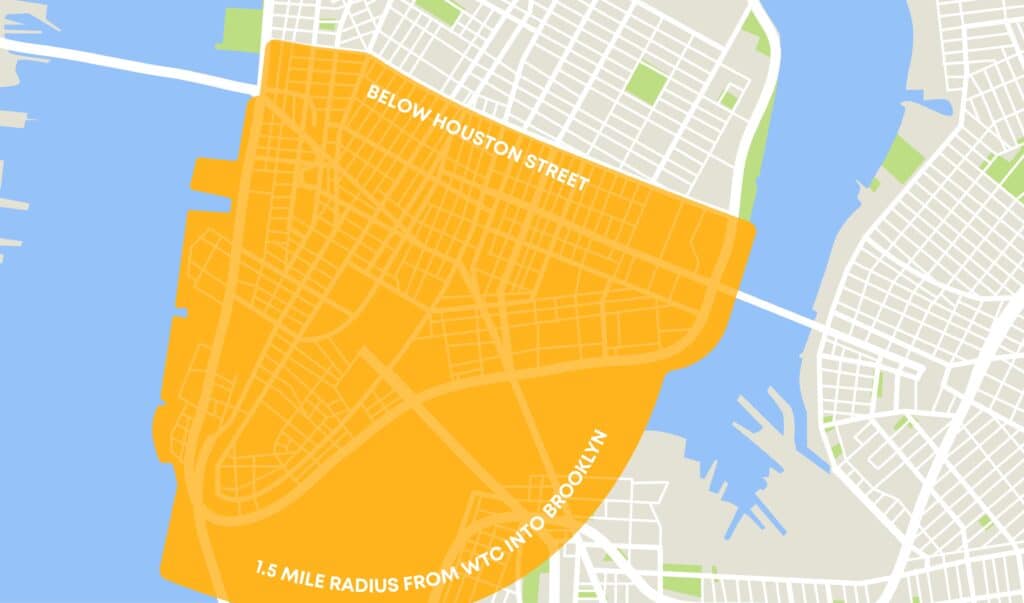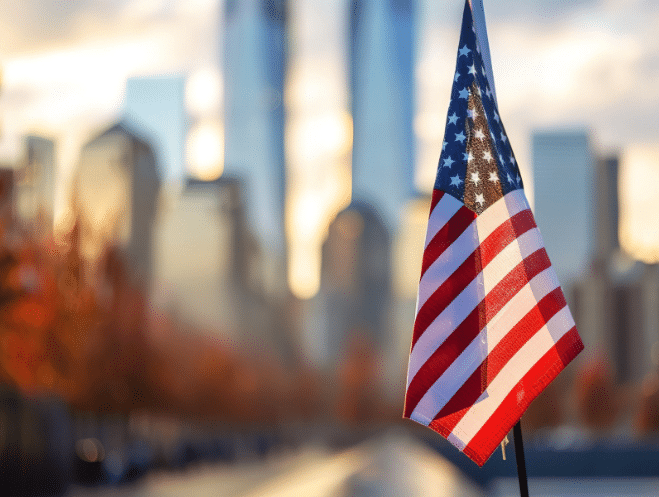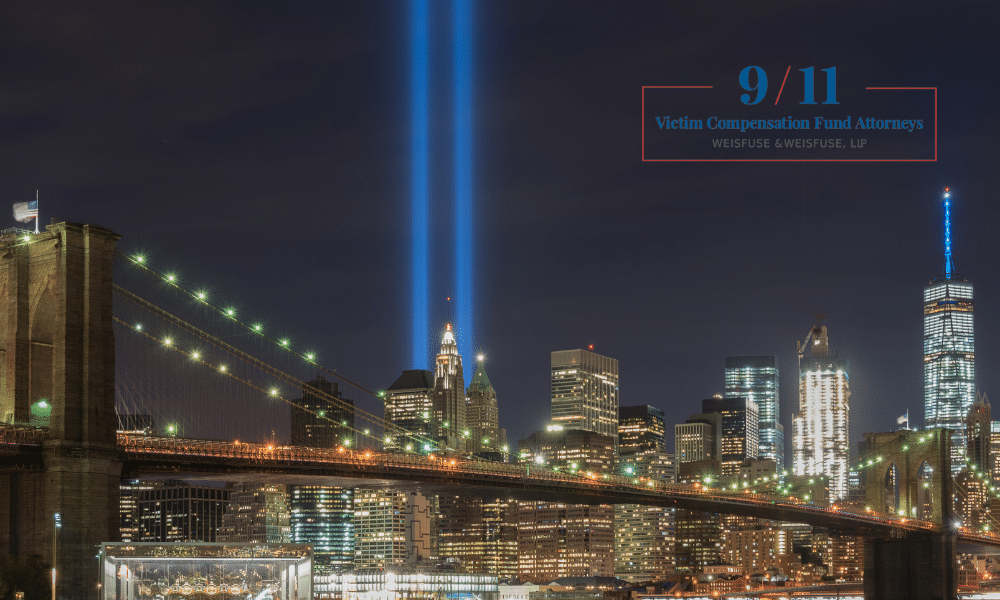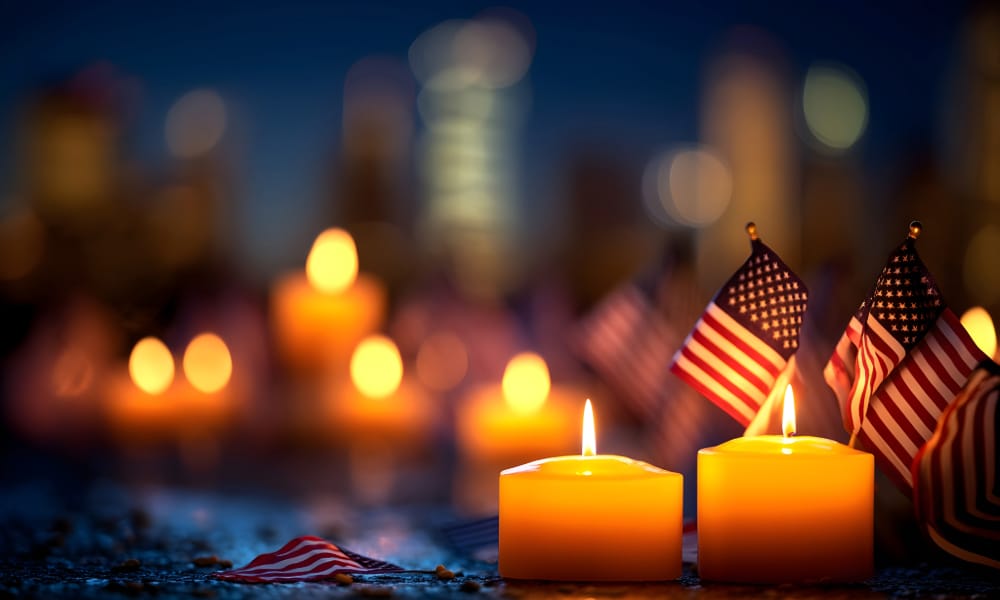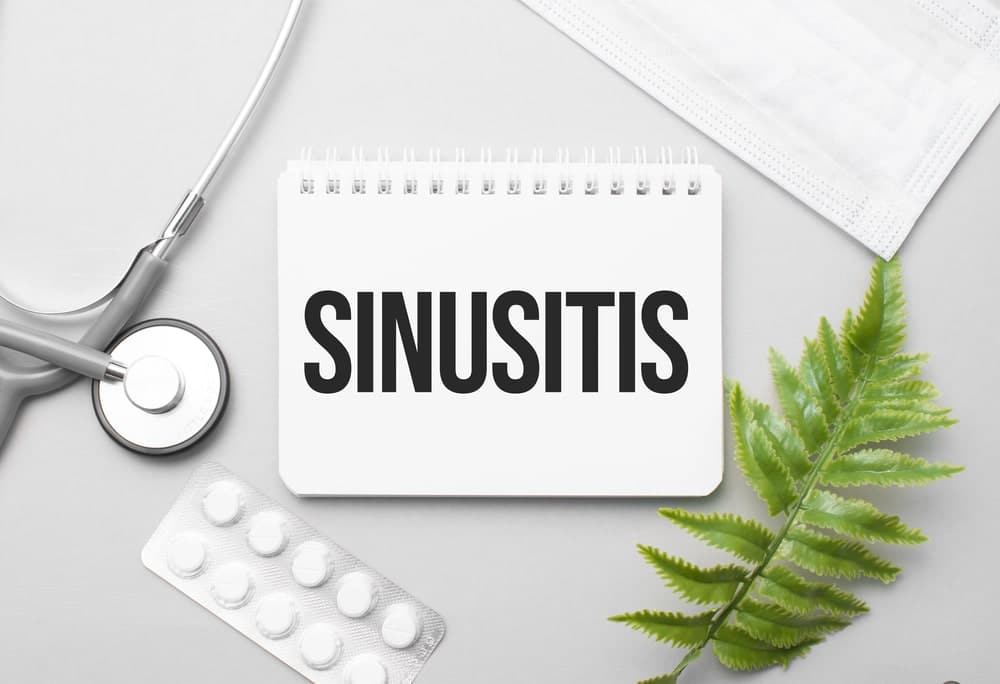
Among many major health conditions to affect responders and survivors of the 9/11 attacks, respiratory conditions, such as sinusitis, sinus cancer, and chronic lung disorders feature heavily.
Those who were present at Ground Zero or in the exposure zone in Lower Manhattan in the weeks and months after the attacks inhaled a harmful concoction of substances, such as heavy metals, asbestos, and glass fibers, that adversely affected the sinuses, lungs, throat, etc.
To help diagnose, treat, and compensate those suffering from 9/11-related conditions, various programs were set up after September 2001, expanding as more conditions became recognized as 9/11-related.
Free medical screening and treatment is available from the World Trade Center Health Program (WTCHP) while compensation can be sought from the September 11th Victim Compensation Fund (VCF)—but many sufferers remain unaware that they are eligible.
Sinusitis is one of the most common 9/11-related conditions
Sinusitis is one of the most commonly treated conditions under the WTCHP, along with post-traumatic stress disorder (PTSD) and gastroesophageal reflux disease (GERD).
Researchers have studied the medical records of 9/11 firefighters who worked at the WTC site, finding that around 1,900 responders had developed chronic sinusitis in the years since the attacks.
As a confirmed 9/11-related condition, even survivors who develop sinusitis years after the attacks are eligible for treatment and compensation if they can prove that they were in the exposure zone between 11 September 2001 and 30 May 2002.
Common causes and symptoms of sinusitis
The sinuses are a set of connected, air-filled spaces behind the cheekbones, forehead, and nose. Sinusitis is inflammation and irritation of these spaces.
When the sinuses become blocked due to an allergy, common cold, asthma, bacterial infection of the nose or exposure to environmental factors like smoke, dust, and toxic chemicals, inflammation of the sinus cavities can result. Mucus may build up and line the inside of the nose.
With chronic sinusitis, the sinus tissues swell and may trap mucus, preventing it from flowing from the nose as it should. The condition may be worse if the immune system of the patient is compromised.
A range of symptoms is associated with sinusitis:
- Tenderness or pressure-like pain behind the eyes, forehead, or face
- Toothache
- Earache
- Nasal stuffiness or discharge
- Sore throat and postnasal drip (yellow or greenish mucus)
- Headaches and neck pain
- Cough
- Swelling around the eyes
- Bad breath
- Fever
- Fatigue
- Loss of the senses of taste (ageusia) and smell (anosmia)
Exposure to the toxic dust of 9/11 triggered chronic sinusitis in many survivors and responders, especially those with pre-existing asthma or allergies, who are susceptible to inflammation or irritation of the sinuses and swollen sinus tissue.
How is chronic sinusitis diagnosed?
Most episodes of acute sinusitis clear up within 10 days to a few weeks. If episodes last 12 weeks or more, patients may be diagnosed with chronic sinusitis.
If left untreated, chronic sinusitis can cause infections that spread from the sinuses to the eyes, bones, brain, or spine. Anyone experiencing the above symptoms for an extended period should, therefore, seek medical attention and diagnosis.
To diagnose chronic sinusitis, healthcare providers may use the following tests:
- An examination of the inside of the nose using an endoscope
- CT scan or MRI to check for polyps or a deviated septum
- Analysis of a tissue sample from the nose by medical pathologists (biopsy)
Do you qualify for 9/11-related sinusitis compensation?
Besides the responders who breathed in the toxic air of Lower Manhattan in the aftermath of the 9/11 attacks, many thousands of employees, residents, students, and schoolchildren returned to their regular daily business in the exposure zone in the days, weeks, and months that followed. Unknown to them, they were risking health problems from the dust, smoke, and debris in the air.
9/11-related sinusitis affects many survivors who may not know that they are eligible for free lifetime treatment for their condition, as well as compensation.
Those present at the WTC, the Pentagon, or the Shanksville, Pennsylvania crash site or in the NYC exposure zone (or along the route of debris removal and recovery efforts in NYC) between September 11, 2001, and May 30, 2002, may be eligible for compensation from the VCF.
The NYC exposure zone
- An area of Manhattan south of the line that runs along Canal Street from the Hudson River to the intersection of Canal Street and East Broadway, north on East Broadway to Clinton Street, and east on Clinton Street to the East River.
- Any area related to or along the routes of debris removal, such as barges and Fresh Kills landfill.
To be eligible for compensation, you must prove that you were in one of these zones for any period of time (there is no minimum period) between the eligible dates.
Determining VCF eligibility and claiming compensation is usually easier with the assistance of a seasoned 9/11 attorney.
9/11-related sinusitis treatment options with the WTC Health Program
In addition to compensation, sufferers of 9/11-related health conditions can apply for free lifetime healthcare monitoring and treatment for any condition, including sinusitis.
The WTC Health Program runs until 2090, allowing even those who were small children at the time of exposure to the toxic 9/11 dust to apply for free medical assistance for the rest of their lives if necessary.
Treatment options include medications to relieve the inflammation and clear the sinuses. Antibiotics or nasal, oral, or injected corticosteroids may also be recommended. Other medications include decongestants, nasal sprays, and antihistamines. In some cases, acupuncture, and sinus saline rinses may help sufferers with their symptoms.
Medical practitioners usually base their recommended treatments on physical examinations as well as the results from medical diagnostic equipment, such as CT scans and MRIs.
In rare and severe cases, where other methods have not relieved the symptoms, sinus surgery may be required. During this procedure, an endoscope (a thin, flexible tube with an attached light) will be used to explore the nasal passages and tissue, polyps or other blockages may be removed.
Sinusitis impact on 9/11 survivors and firefighters
Sinusitis is a common condition suffered by approximately 90 percent of adults at some point in their lives.
However, chronic 9/11-related sinusitis impacts the lives of survivors and responders for more than a few days per year. High rates of chronic sinusitis affect the 9/11 community, with many suffering debilitating effects that require medication for life and/or surgery.
The impact is even more serious if complications result, with other health conditions such as sleep apnea or increased susceptibility to sinus infections developing.
To discuss your situation and learn more about how we may be able to help you, please call Weisfuse & Weisfuse, LLP at 212-983-3000 or contact us online to schedule a free consultation.


